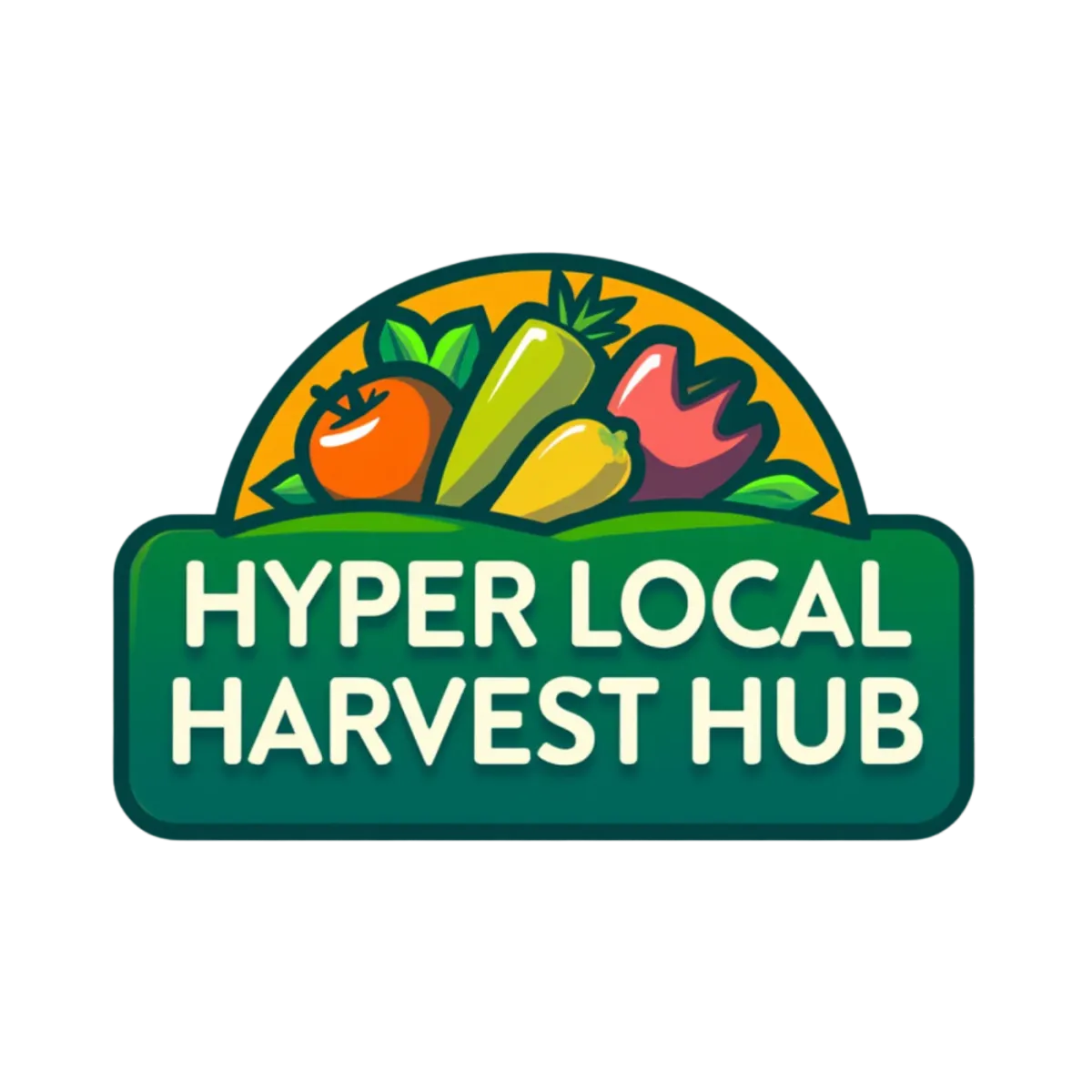
Collaborate Locally: Why Trading Skills and Goods Is the Recipe for a Better Community (And a Happier Pantry)
Imagine this, you’ve just harvested a glorious bounty of basil, oregano, and rosemary, but your pantry looks like the Sahara desert regarding bread or cheese. On the other side of town, your neighbor is pulling sourdough loaves out of the oven and flipping wheels of artisan cheese like they’re running a European bistro from their kitchen. Enter the beauty of local collaboration: trading your herbal haul for their carb-and-dairy delights. It’s not just about food—connection and the thrill of discovering new flavors and skills.
Why Trade is the Secret Ingredient
Swapping Goods is more than just a nostalgic nod to Little House on the Prairie days. It’s smart. Here’s why:
Specialization is Your Superpower: Focus on what you’re great at. Love growing herbs but hate baking? Perfect. Lean into your strengths while letting someone else’s strengths fill the gaps.
Less Waste, More Taste: If your tomato plants are more productive than a toddler on a sugar high, trading that surplus means nothing goes to waste. And you get variety in return—like zucchini bread or fresh eggs.
Strengthening Community Bonds: Handshakes over herbs and cheese foster trust, friendship, and mutual reliance. Trading turns neighbors into partners and communities into hubs of productivity.
How to Start Swapping Like a Pro
Find Your Foodies: Start with people you know—friends, neighbors, the lady at the farmer’s market who calls her carrots “crunchy miracles.” Make a list of who grows or crafts what.
Pitch the Trade: Approach your neighbors with your idea. Keep it simple: “I’ve got basil. You’ve got bread. Shall we make magic?”
Agree on the Goods: Clarify quantities and expectations. If you’re handing over enough rosemary to decorate a parade float, ensure you get a fair share of cheese.
Get It in Writing (If Needed): For ongoing or more extensive trades, creating a simple agreement is smart. Nothing kills the vibe like misunderstandings over sourdough sizes.
Real-Life Examples of Food-Swapping Success
The Egg and Veggie Trade-Off: Meet Jamie, a backyard chicken whisperer with too many eggs. She trades a dozen to her neighbor Mark weekly for fresh kale and cucumbers. Jamie never has to buy greens, and Mark hasn’t cracked open a grocery store egg in years.
Milk for Melons: Down the road, Susan’s dairy goats produce milk faster than she can make cheese. She trades half-gallons with Emily, whose watermelon patch is flourishing. It’s like bartering summer in a bottle.
Beyond Food: Skill Swapping
It’s not just about goods. Your neighbor might be an expert jam-maker while you’re the neighborhood compost guru. Trade skills! Teach them how to set up a compost pile in exchange for learning to make strawberry jam that could win awards.
Make It Fun: Trade Events
Why stop at one-on-one swaps? Host a neighborhood trade event. Set up tables, bring your excess goods, and see what you can get in return. It’s like a farmer’s market where money doesn’t exist. (Cue the “What’s in your fridge?” conversations.)
The Bigger Picture
Sharing and trading skills and products create a ripple effect. It reduces waste, saves money, and fosters a self-reliant community. Every shared or traded herb, loaf, or skill empowers us and makes a difference in our community.
Final Thoughts
So next time you’re overwhelmed by your abundance, don’t let it rot or go stale. Trade it. You’ll discover that hyper-local collaboration tastes better, works better, and builds better communities. Isn’t it cool to say, “This bread was paid for with basil”?


